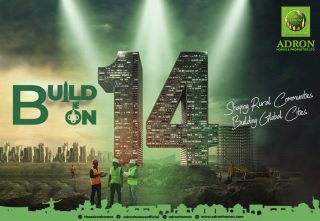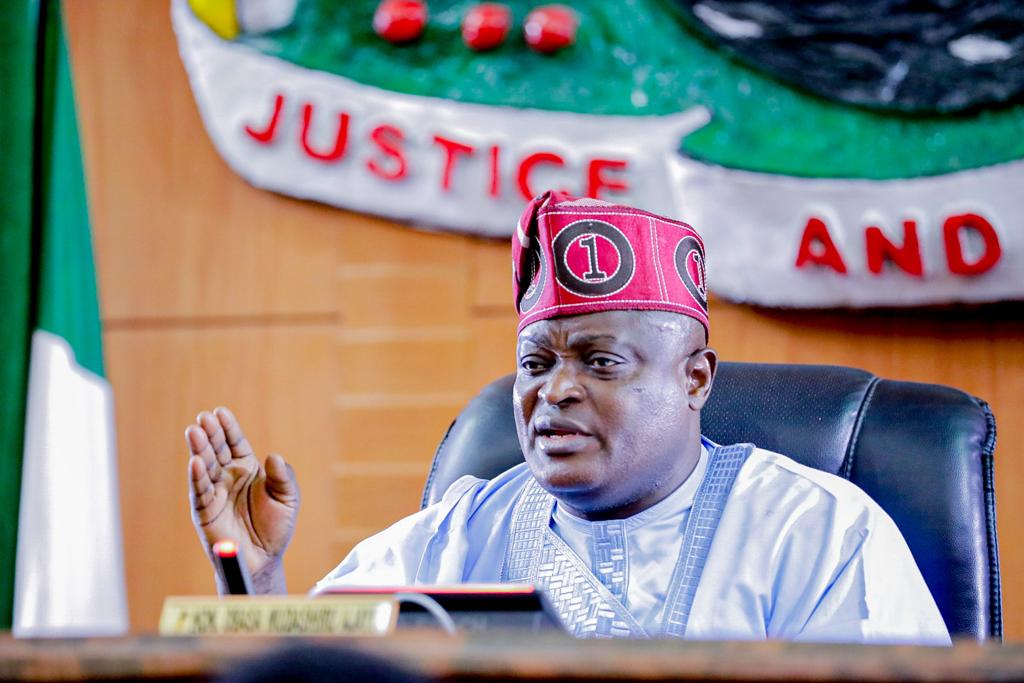
as lawmakers suggest ways to improve future elections
Members of the Lagos State House of Assembly on Thursday congratulated Governor Babajide Sanwo-Olu and his Deputy, Dr. Obafemi Hamzat, over the affirmation of their victory in the March 18 governorship election by the Court of Appeal.
The lawmakers also said there was a need for the National Assembly’s electoral committee to work on issues of delay in voters registration as well as the high number of election cases handled by the Courts of Appeal.
This position of the lawmakers followed a letter read by the Clerk of the House, Barrister Olalekan Onafeko, informing the House that the National Assembly Committee on Electoral Act would have a three-day retreat in Lagos.
The Deputy Speaker, Hon. Mojisola Lasbat-Meranda, who presided over plenary on behalf of Speaker Mudashiru Obasa, agreed that registration of voters should be a continuous exercise in order to accommodate more eligible voters.
Lasbat-Meranda suggested that the Independent National Electoral Commission (INEC) can start requesting for means of identification in the course of registering voters to ascertain an electorate’s actual places of residence.
The Chairman, House Committee on Judiciary, Human Rights, Public Petition and LASIEC, Hon. Ajomale Oladipo, had earlier identified delay in voters registration and post-election legal matters as two challenges that the committee should tackle.
The lawmaker said that after general elections, Appeal Courts face the hurdle of attending to many cases leading to delayed judgements.
He added that the Electoral Act should accommodate state High Courts to handle some of the cases.
The Majority Leader of the House, Hon. Noheem Adams, said it was necessary for the National Assembly to create more awareness about the electoral review exercise while Hon. Sanni Okanlawon, representing Kosofe 1, suggested that the Electoral Act should accommodate diaspora voting.
On his part, Hon. Gbolahan Yishawu, representing Eti-Osa Constituency 2, urged the electoral committee to look into situations where people are mobilised to vote in areas where they are not resident.
“They occupy hotels during elections to sleep and leave for their states of residence after voting. Something should be done to address this,” he said.




